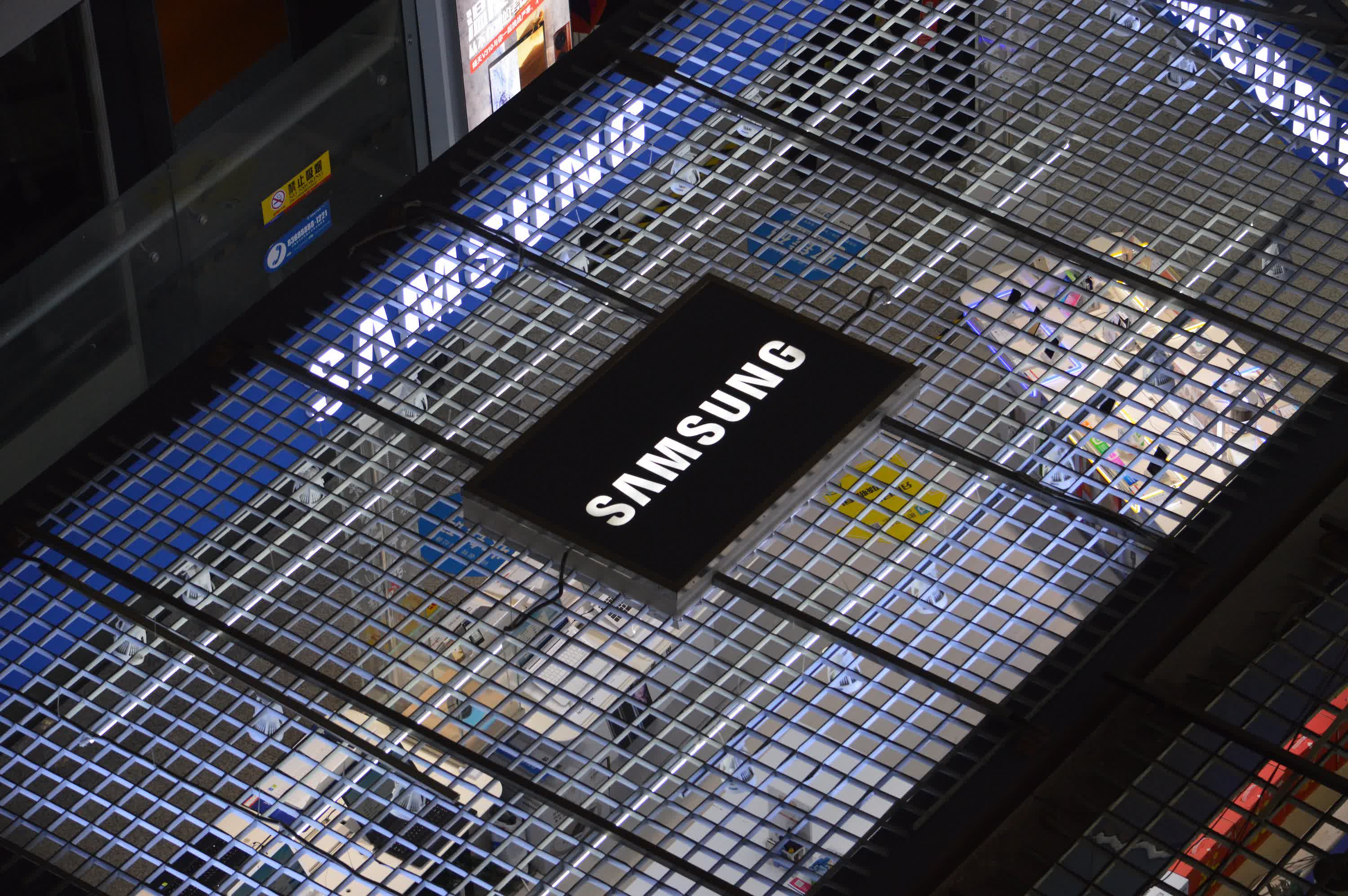The big picture: As Apple launches the world's first 3nm consumer product, TSMC, Samsung, and Intel are racing to produce more advanced and efficient versions of that node. New reports indicate possible stumbling blocks for Samsung and TSMC as the former strives to regain lost customers.

Sources have told South Korean media outlet Chosun Biz that Samsung and TSMC may have encountered as-of-yet unreported problems with their 3nm semiconductor yields. Both tech giants could be struggling to exceed 60 percent, well below what's needed to attract hardware vendors.
Previous reports indicated Samsung had reached a 60 percent yield in a chip meant for a Chinese customer, but it's since come to light that this figure didn't include the logic chip's SRAM. Thus, it isn't considered a complete 3nm process.
Previous missteps in Samsung's most advanced manufacturing caused its two biggest customers, Qualcomm and Nvidia, to turn to TSMC for their newer generation chips, but Samsung is trying to win them back. The company began manufacturing early 3nm gate-all-around (GAA) semiconductors in June 2022, ahead of TSMC, but needs to reach at least 70 percent yields to attract significant buyers.
Even TSMC, which is currently the only company with a track record of 3-nanometer mass production, is not immune to the 3-nanometer yield issue and is reportedly seeing lower yields than initially expected. In addition, the 3-nanometer process, which is currently the most…
– Revegnus (@Tech_Reve) October 4, 2023
Meanwhile, suspicions are emerging that optimizations of TSMC's 3nm FinFET process are behind schedule. Earlier this year, the yield rate was said to be around 55 percent, allowing Apple to negotiate cheap wafer prices for the iPhone 15 Pro's A17 processor.
However, since the phone's release, consumer complaints of overheating units have invited more rumors about problems with the underlying semiconductor process. Apple insists the issue is purely software-related and has issued a patch for iOS 17 to address it, but some industry insiders are growing uncertain as to whether TSMC's 3nm process is fully ready for market.
If the Taiwan-based market leader is struggling, it could give Samsung an opening to gain some ground depending on when it completes its node. Both chip makers are also preparing more advanced and efficient 3nm processes for production in 2024 and 2025. Intel could also see an opportunity to catch up through its upcoming 3nm Sierra Forest and Granite Rapids chips. The American chipmaker claimed in July that their Intel 3 node reached yield and performance targets without giving exact numbers.
All three companies are laying the groundwork for 2nm production, and hopefully 1nm, before the end of the decade, but an industry official recently predicted that 3nm processes will remain popular for an unusually long time. The relatively low expected performance and efficiency gains from 2nm could extend demand for 3nm, which will have reached maturity with several derivatives by the time 2nm production begins.
https://www.techspot.com/news/100406-samsung-tsmc-3nm-yields-could-low-50-percent.html